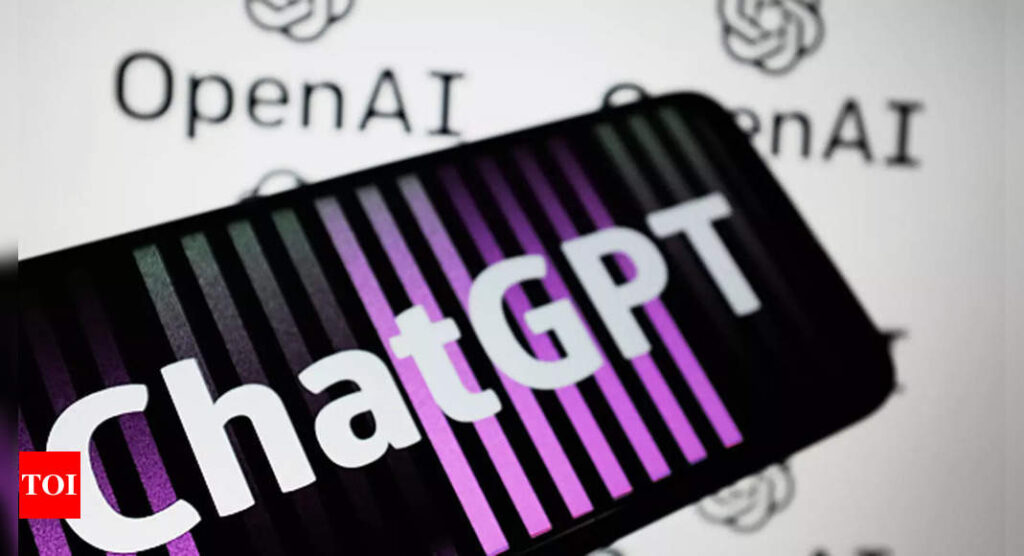Over the past few years, chatbots have become an increasingly popular tool for businesses to engage with their customers. These conversational agents are powered by artificial intelligence (AI) and are able to respond to customer inquiries, provide support, and even make recommendations. One of the most notable chatbots in recent years is ChatGPT, a language model developed by OpenAI that has been trained on a vast amount of text data to generate natural-sounding responses to a wide range of prompts.
One of the key advantages of chatbots like ChatGPT is their ability to provide 24/7 customer service. Unlike human agents who need breaks and time off, chatbots can be available around the clock to answer questions and provide support. This can help businesses to provide faster and more efficient customer service, which can lead to increased customer satisfaction and loyalty.
In addition to providing customer support, chatbots can also help businesses to automate routine tasks such as appointment scheduling, order tracking, and product recommendations. This can help businesses to save time and money, while also providing a more streamlined customer experience.
However, there are also some challenges associated with using chatbots. One of the main concerns is the potential for chatbots to make mistakes or provide inaccurate information. While AI has advanced significantly in recent years, chatbots are still not perfect and may struggle with certain types of inquiries or requests. Additionally, there is a risk that chatbots may not be able to provide the same level of empathy or personalized service as human agents.
Despite these challenges, the use of chatbots in customer service is only expected to increase in the coming years. In fact, a recent survey found that 80% of businesses plan to use chatbots by 2023. As technology continues to advance and AI becomes more sophisticated, it is likely that chatbots will become even more powerful tools for businesses to engage with their customers.
While there are certainly challenges associated with using chatbots, the benefits of increased efficiency and customer satisfaction make them an attractive option for many businesses. As we continue to see advancements in AI technology, it will be interesting to see how chatbots evolve and how they continue to transform the customer service industry.
One of the key advantages of chatbots like ChatGPT is their ability to provide 24/7 customer service. Unlike human agents who need breaks and time off, chatbots can be available around the clock to answer questions and provide support. This can help businesses to provide faster and more efficient customer service, which can lead to increased customer satisfaction and loyalty.
In addition to providing customer support, chatbots can also help businesses to automate routine tasks such as appointment scheduling, order tracking, and product recommendations. This can help businesses to save time and money, while also providing a more streamlined customer experience.
However, there are also some challenges associated with using chatbots. One of the main concerns is the potential for chatbots to make mistakes or provide inaccurate information. While AI has advanced significantly in recent years, chatbots are still not perfect and may struggle with certain types of inquiries or requests. Additionally, there is a risk that chatbots may not be able to provide the same level of empathy or personalized service as human agents.
Despite these challenges, the use of chatbots in customer service is only expected to increase in the coming years. In fact, a recent survey found that 80% of businesses plan to use chatbots by 2023. As technology continues to advance and AI becomes more sophisticated, it is likely that chatbots will become even more powerful tools for businesses to engage with their customers.
While there are certainly challenges associated with using chatbots, the benefits of increased efficiency and customer satisfaction make them an attractive option for many businesses. As we continue to see advancements in AI technology, it will be interesting to see how chatbots evolve and how they continue to transform the customer service industry.

